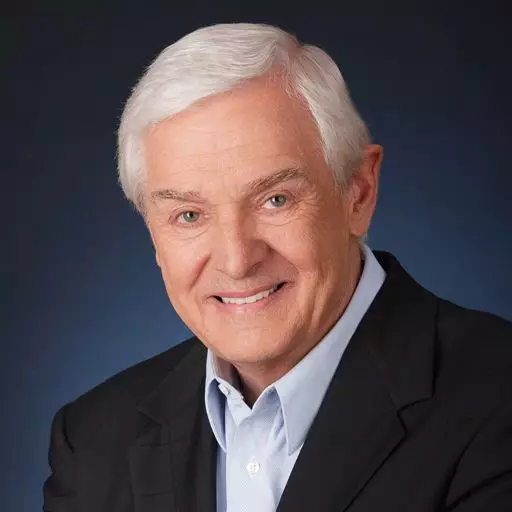While America’s love affair with the Empire State Building in New York City will never end, it hasn’t been the tallest building in the world since 1972 when it was eclipsed by the former North Tower of the World Trade Center. In fact, in 2020, there are fifty buildings in the world taller than the Empire State Building. The tallest skyscraper currently is in Dubai, standing 2,717 feet tall!
Is Bigger Always Best?
It depends on whom you ask, and what the subject is, as to whether bigger is always best. We live in a culture that puts a premium on size: “Bigger is better” has long been the American way when it comes to houses, cars, jewelry, IQ, and other status symbols. And certainly, in some cases, bigger is indeed better. Who wouldn’t want to see bigger budgets for missions and evangelism in churches, bigger blocks of time spent together for families, and bigger rates of sexual abstinence among teenagers?
And who wouldn’t want to have bigger dreams for their life and future? Psychologists tell us that thinking big really does matter—the bigger the possibilities we can imagine, the bigger our accomplishments and successes are likely to be. “I can’t see myself doing that” is not a lament found on the lips of successful people.
But for the Christian, there is one area in which “big” matters more than any other.
With God, Biggest Is Best
Think of man’s biggest creations—giant skyscrapers and mammoth ocean-going supertankers—and think of how they would appear if placed in the outstretched palm of God.
Okay, perhaps God doesn’t have a palm. But you know what I mean. There is nothing in this world, not even the planet itself, that can rival the size of God. Indeed, the Bible says God has no “size” as we think of it. First, God is spirit, not material (John 4:24). Second, God is infinite (1 Kings 8:27). And third, He is eternal (Psalm 90:2)—not to mention incomparable (Exodus 15:11), great (Psalm 145:3), and mighty (Psalm 24:8).
The amazingly ironic reality is that people will trust big, man-made machines with their very lives—but have a hard time trusting a God who is infinitely bigger and stronger than all of them put together. Here’s the problem with that kind of thinking: The size of the object of your faith determines the size of the outcome of your faith.
Thinking Big? Think God!
Small-God thinkers don’t really walk by faith, they walk by sight. Either they can already see the outcome of what they’re praying for, or they’re praying for something so inconsequential that the outcome is irrelevant. But big-God thinkers walk and think biblically—by faith. They pursue dreams and opportunities so big that they are beyond anything man could pull off; so big that, unless God does it, their dream is doomed to failure.
Remember when Moses went before Pharaoh with nothing but a wooden staff and told him to let his kinsmen go? That was big-God thinking. If God didn’t do it, the people were doomed to slavery, and Moses was doomed to die.
Remember when Joshua was told to bring down Jericho with trumpets instead of swords…when Gideon was told to defeat the Midianites with jars and torches…when Elijah asked God to set soggy wood on fire to defeat the prophets of Baal? They were all big-God thinkers too. They attempted something so big it was doomed to fail unless God showed up.
Remember when Jesus willingly let Himself be put to death because He believed that in less than 48 hours, God would give Him back His life and raise Him from the dead? That was big-God thinking. If Jesus could believe God for that need, we can believe God for our greatest need too.
The reason the apostle could write these words—“Now to Him who is able to do exceedingly abundantly above all that we ask or think, according to the power that works in us” (Ephesians 3:20)—is that he was a big-God thinker. Because Paul knew how big God is, he knew to expect great things. His expectations of God were based on His knowledge of God.
It’s okay to be impressed with massive skyscrapers. Just don’t mistake them for that which is truly big: God Himself.
Dr. Jeremiah is the founder and host of Turning Point for God and senior pastor of Shadow Mountain Community Church in El Cajon, California. For more information on Turning Point, go to www.DavidJeremiah.org.


